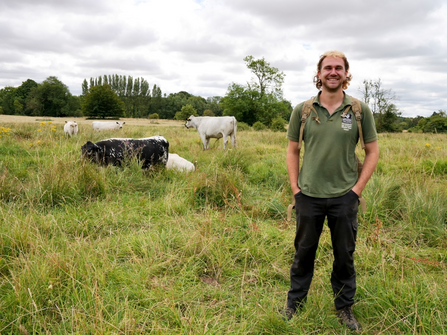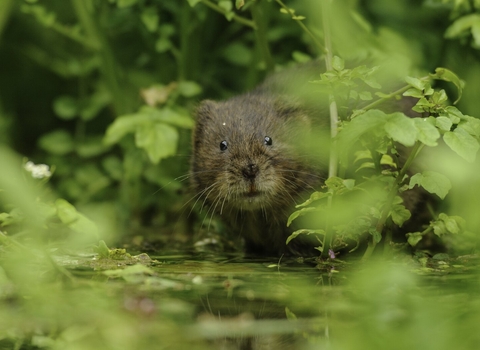Across Hampshire & the Isle of Wight, the Wildlife Trust manage over 60 nature reserves. These precious sites are sanctuaries for some wonderful wildlife, including many endangered species.
The charity’s vital conservation work to help nature’s recovery is only possible thanks to the support of its loyal members, devoted volunteers and dedicated staff.
One of those staff members is Sam Martin, an assistant reserves officer who cares for several reserves in the Winchester area, including Hockley Meadows Nature Reserve. Here he describes how he got into conservation, what his job entails and the best and most challenging parts of his role.



